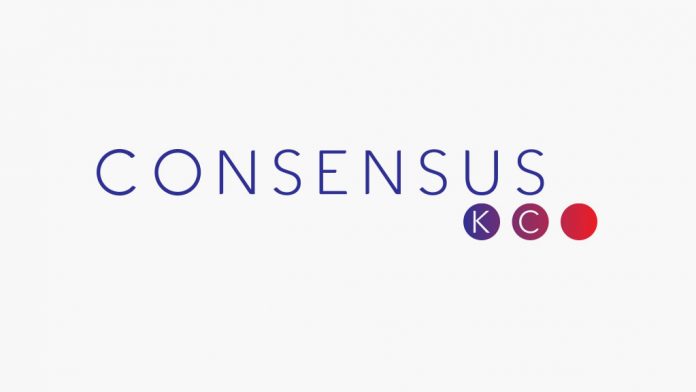
We had planned to release to you our exciting schedule of spring events this week – but, of course, the rapid spread of the COVID-19 virus is forcing us to rethink how we will continue to do community engagement over the coming weeks and months.
Along with the national #ListenFirst network, we are postponing our National Week of Conversation events, and instead focusing on how we can build community during a time of crisis. This is a time for physical distancing to flatten the curve of the spread of the COVID-19 virus, however, it doesn’t have to mean social isolation.
Please join us on March 25 for a noon Zoom chat on #WeavingCommunity in a time of crisis. Registration is free and available online at www.tinyurl.com/weavingcommunitykc.
Reading Materials
In 2007, Consensus produced a report on Pandemic Flu in collaboration with the Mid-America Regional Council and local health departments, which wanted to know how people would be likely to respond if a pandemic was headed our way.
The steering committee selected five key issues that arose from the values meetings.
1. Most people know very little about pandemics.
2. The biggest barrier to people being able to separate themselves from others and stay at home is the need to earn a paycheck. Low-income and hourly workers are typically the least able to work from home or go without pay.
3. Very few businesses have created pandemic plans, which may reduce the number of employees who can work at home.
4. Neighborhood, church and school leaders could be vital in helping people, but few are involved now in preparing for pandemic.
5. People are likely to disregard public health department advisories if they feel they need to in order to care for children or parents.
What can I do to help my community?
- Cancel upcoming neighborhood meetings and events, and use tools like FreeConferenceCall.com, Zoom, Google Hangouts Meet, or Facebook to conduct upcoming neighborhood group meetings.
- Make sure your phone tree is up to date.
- Check on your neighbors through phone trees (especially elderly, those who live alone, those with disabilities, and those who have underlying health conditions)
- Deliver food and supplies to those who may be sick or self isolated (consider porch drop offs to minimize contact).
- Share information from the health department, Prepare KC Metro (http://www.preparemetrokc.org) and the CDC as relevant with your neighborhoods using email, NextDoor, Facebook, and phone trees.
- Connect with local churches and other faith communities to make sure factual information is getting out.
- Consider ways to support local businesses and restaurants – buy food now to freeze, purchase gift cards and use them for food delivery, support local farmers through Community Supported Agriculture subscriptions (contact Cultivate KC and KC Food Circle for more information)



